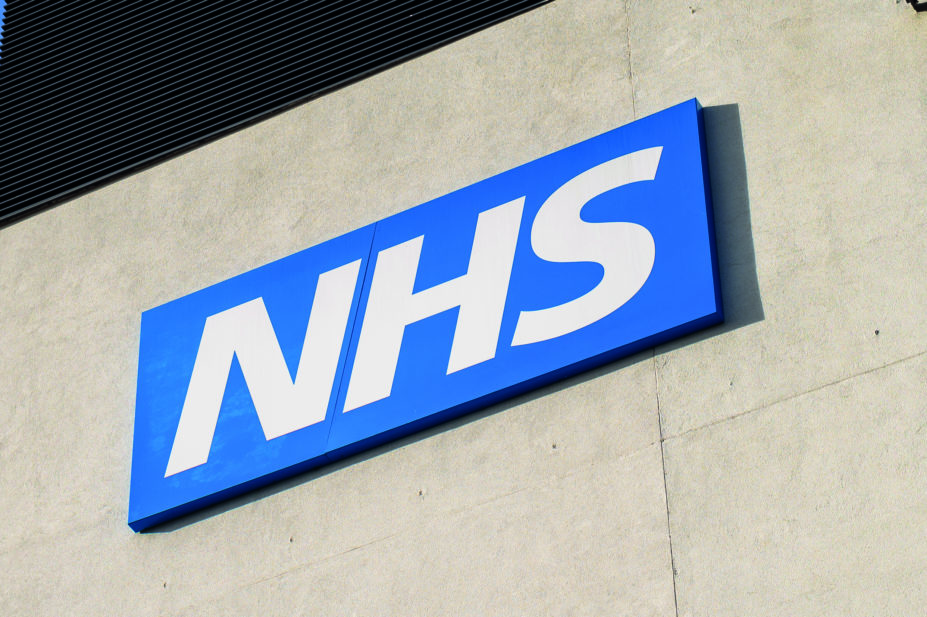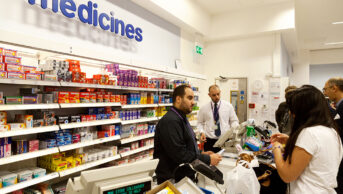
Shutterstock.com
Fraud against the NHS costs the service at least £1.25bn per year — roughly 1% of the NHS budget — it has been revealed as a new agency was launched in England to tackle the crime.
Around a third of this figure is fraud by patients (£397.6m) who claim services such as free prescriptions or dental care when they are not entitled to them.
Healthcare contractors, including dental, pharmaceutical, general practice and optical are responsible for almost a further third (£349.7m), siphoning off £120.7m, £100m, £81m, and £48m respectively.
Fraud during procurement and commissioning processes accounts for £252m per year, and payroll and identity fraud for another £90.6m, according to figures from the new NHS Counter Fraud Agency Fraud (NHSCFA) in England.
Simon Hughes, Interim Chair of NHSCFA said: “Some of the challenges faced in this work include a limited awareness of fraud among NHS staff and significant under-reporting of fraud. Many people find it unthinkable that anyone would seek to defraud money meant for healthcare.”
He encouraged anyone with concerns or suspicions to report them. “Every fraud takes a service away from someone that needs it. This reality must be faced. We can all play our part in turning the tide, ensuring public money pays for services the public needs and doesn’t line the pockets of criminals.”
A spokesman for the Royal Pharmaceutical Society said: “We support the additional focus on rooting out fraud where it is causing substantial losses to the NHS.”
But he highlighted that some patients could be claiming they are eligible for free prescriptions because they can’t afford to pay the charge. “The RPS supports the abolition of prescription charges in England following the lead of Wales, Scotland and Northern Ireland. We remain concerned that around a third of patients with long-term conditions such as asthma, arthritis and mental health conditions who pay for their prescriptions are not collecting their medicines from pharmacies because of cost, putting their health at risk and increasing the likelihood of emergency hospital admissions.”
You may also be interested in

Tackling the NHS drug budget: why we set up a regional collaboration for medicines value

Lack of joined-up working between pharmacy and general practice is ‘nonsensical’, says former BMA chair
